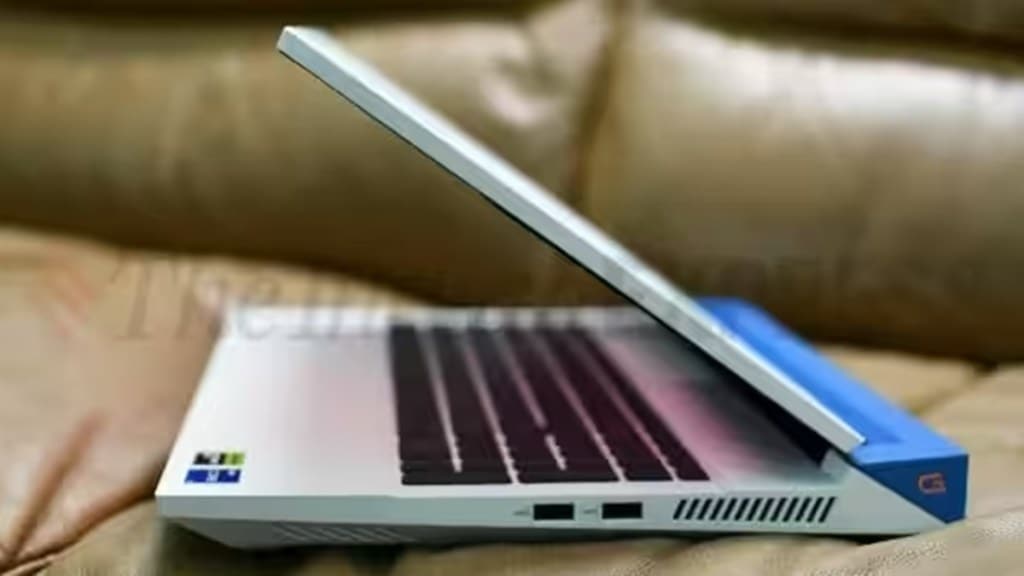As the system of prior authorisation for imports of computers and tablets comes into force from October 18, the government has given go-ahead to 110 brand owners, retailers and resellers, including the likes of Lenovo and Xiaomi, the local arms of which source these products from China. Import applications Dell, HP, Apple, Amazon are also among those cleared, sources said.
Of 111 applications were filed under the import authorisation and only one was turned down because the company fell in the category of ‘denied entities’ list.
Under the commerce ministry’s norms, Denied List is contains those importers who are facing any enquiry from an investigating agency or have not fulfilled their export obligations under schemes like Advanced Authorisation.
ASUS India, IBM India, Samsung India Electronics, Xiaomi Technology India, Cisco Commerce India, Microsoft Corporation (India), Siemens Ltd, Bosch Ltd and Redigton are among those given approval, a senior official said.
The liberal clearances indicate the government is walking the talk that the new system is not aimed at curbing imports right away, but instituting a monitoring mechanism.
The new licence regime is applicable to laptops, personal computers (including tablet computers), microcomputers, large or mainframe computers, and certain data processing machines to ensure India’s trusted supply chain.
On August 3 the Directorate General of Foreign Trade put imports of these devices on the restricted list that would require licence. However, when the industry expressed concern over sudden change in rules the proposal was kept in abeyance for a three month period which ended on October 31.
In between after consultation with the industry the government on October 18 unveiled a new system of monitoring imports of the computing devices and named it ‘restricted import authorisation’. For now under this system approvals will be available on tap to importers all they have to provide is the name, quality and value of an item they want to bring in.
The government will monitor the data and trends of imports till September of next year before deciding on the further course of action.
The government decided to move away from the system of free imports of these devices because it wants IT products that are used in the country to be from ‘trusted sources’ and an ecosystem for domestic manufacturing of these devices is created locally.
Under the new system there are no restrictions on quantity, value or country for imports. The biggest source of imports of IT hardware are China, Singapore, Hong Kong, US and Malaysia. The total imports of the items that would require prior authorisation was $ 8 billion last year.
The other flexibility that the new system allows is that the importers are allowed to apply for multiple authorisations and these authorisations issued shall be valid up to September 30, 2024.
The tweaks that were announced along with the launch of the import authorisation system allows electronics and computer hardware manufacturing facilities in Special Economic Zones (SEZs) sales in domestic tariff areas without authorisation. Units in SEZs or Software Technology Parks of India (STPI) can also import these devices for captive use without prior approval. Import by central or state government or by the private entities on their behalf for defence and security purposes shall be exempt, according to a policy circular issued by DGFT. Previous exemptions from import licensing for personal use and for research purposes that were part of the August announcement still stand.

